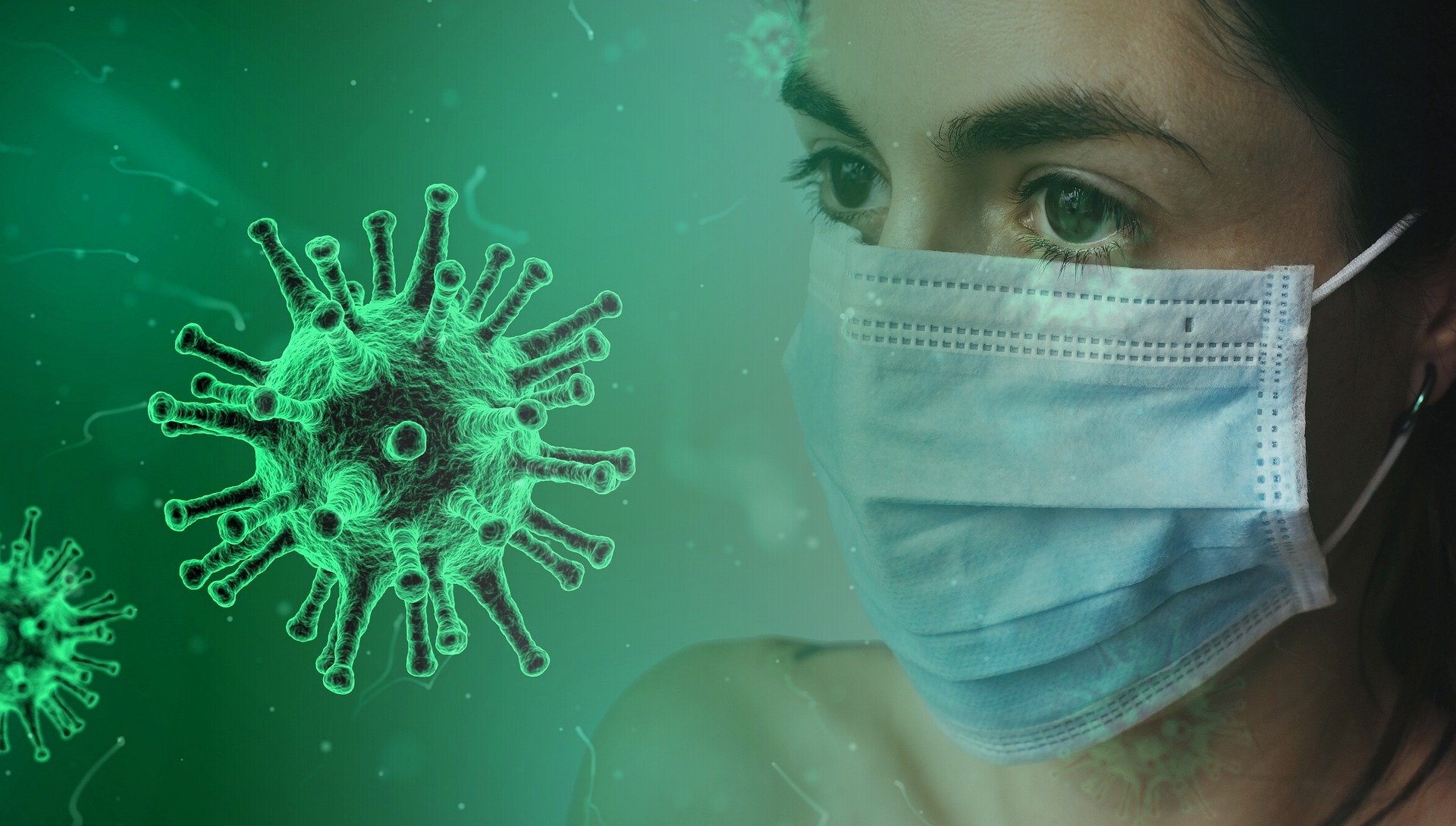
Khái niệm chung
A new type of coronavirus was detected in late 2019. This virus can cause a severe respiratory illness called coronavirus disease (COVID-19).
The most common symptoms include fever and respiratory symptoms such as cough, shortness of breath and a sore throat. For many people, COVID–19 only causes mild symptoms. Some people such as children and young adults often have no symptoms. But some people are more at risk of having severe symptoms. This includes the elderly and people with pre-existing medical conditions.
How is it spread?
The virus spreads through close contact with a person while they are infectious. People start becoming infectious 24 hours before showing symptoms and remain infectious until the symptoms stop. Close contact is defined as:
- More than 15 minutes face-to-face contact or
- Spending two hours or more in the same room
- Living in the same household or household-like setting
- Direct contact with body fluids or laboratory specimens of a confirmed case
- Sitting within two rows of a confirmed case on an aeroplane
Bác Sĩ Gia Đình của tôi sẽ làm gì vào lúc này?
Your GP will decide if you need testing. There are strict criteria for testing COVID-19. As of 24 March 2020, NSW Health recommends testing any person living in south western Sydney who has:
- A current or recent fever (temperature of 38° Celsius or higher), or
- An acute respiratory infection (cough, shortness of breath, sore throat)
If you test positive for COVID-19, you will be notified by either your GP or a local health district clinician.
What will happen if I test positive?
Your care may be provided by your GP or someone from the local health district. They will be in regular contact with you to monitor your symptoms. This may be done using telehealth (talking over the internet or phone instead of face-to-face).
Most people can be managed at home and will need to self-isolate to prevent spreading the infection to others. If you have severe symptoms, you may need to be managed in hospital.
You will be told when you no longer need to self-isolate. This is typically for 14 days. By this time your symptoms should be gone. If you have a severe infection, your may need to stay in isolation for longer.
Your local Public Health Unit will organise contact tracing.
Tôi nên làm gì?
If you have a fever or symptoms of an acute respiratory infection (cough, shortness of breath, sore throat), call your GP to see if you need testing. Do not attend the GP practice without calling first. Your GP may see you using telehealth to reduce the risk of infecting others.
If you test positive, it is important you follow your GP’s advice. It is important to self-isolate to stop the spread of COVID-19 to other people. If you must go out to a medical appointment, follow precautions to reduce the risk of infecting others.
It is important to receive your flu vaccination whether you have tested positive to COVID-19 or not. Reducing your risk of getting influenza helps both your overall health and our health system.
We all have a part to play to slow the spread of COVID-19. Use appropriate infection control methods. Practise social distancing and only go out when it is necessary, such as going to work, buying groceries, etc.
